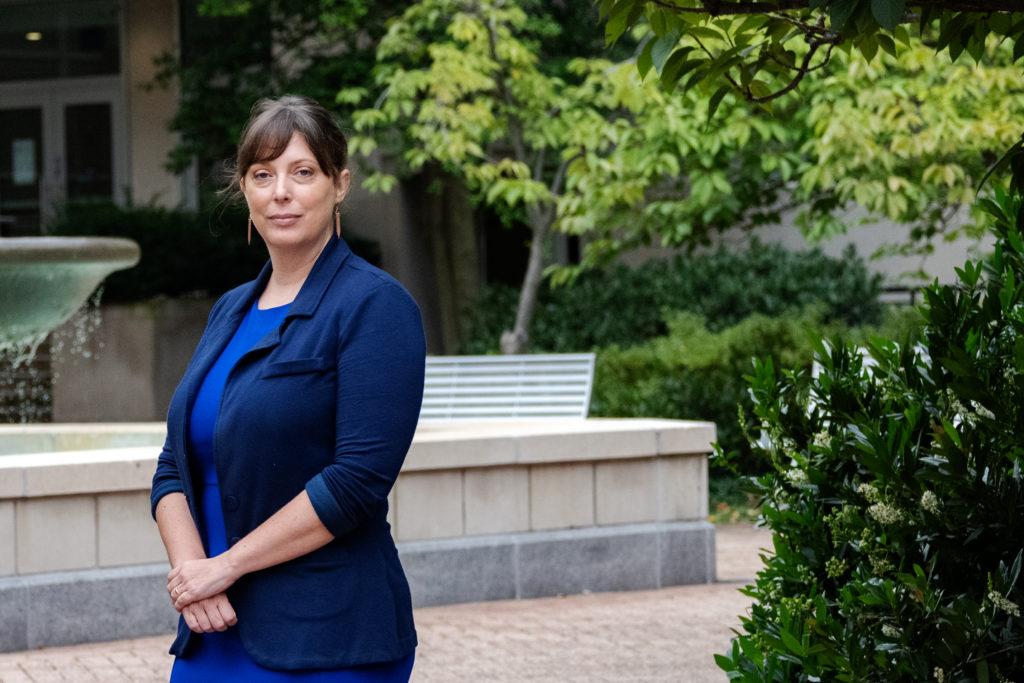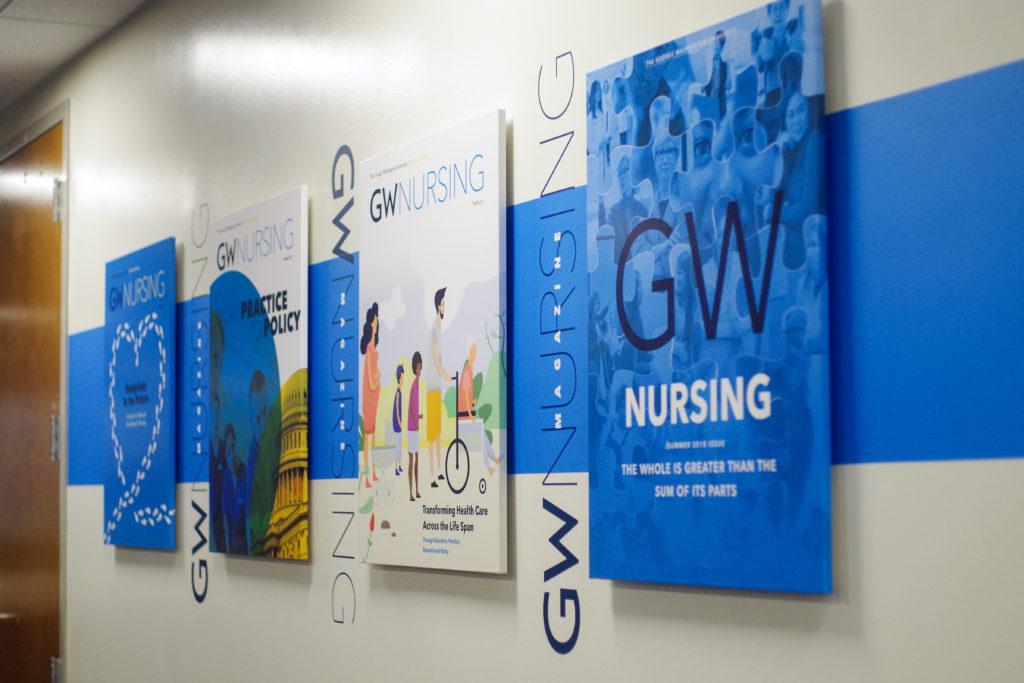The director of The Institute for Data, Democracy and Politics, received a $750,000 grant from the National Science Foundation to develop a rapid response system that will aid female journalists facing online harassment last week.
Rebekah Tromble, the director of IDDP and an associate professor of media and public affairs, said The Convergence Accelerator Program grant will allow her team to build upon HeartMob, an online tool that helps connect people experiencing online abuse with supportive community members and experts trained in harassment intervention. Tromble said she will use the grant to develop a response system that aids female journalists experiencing harassment and create an educational campaign that teaches people how to respond to online harassment.
“Our ultimate product will involve not just the technical elements of the solution, but there will be a lot of human first human driven elements to ensure that we’re really appropriately responding to those who are going through a very fast moving and a very traumatic experience,” Tromble said in an interview.
She said her immediate work will focus on female journalists, because studies show they are the most attacked group online. Tromble said her team will work with media organizations, asking them to support harassed colleagues and embed the tool that her team develops within their respective organizations.
Tromble said her team was one of 12 to receive the first phase of the grant, which will last one year. She said all teams will apply for phase two in the spring, where only a select number of groups will may receive an additional $5 million for the following two years.
Tromble said her team will work to create a “crisis response hotline” that connects harassed individuals with experts through HeartMob – a website from The Hollaback Organization, a civil society group originally responsible for responding to the street harassment that women face. She said the team plans to expand their work from female journalists to academics, public health officials and civil society organizations following its first year of work.
“Our long term vision is to expand this out to journalists in general, academics, scientists, public health officials, election officials and any sort of expert who is on the front lines of providing accurate, verifiable information to the public but who could face these campaigns of harassment that are ultimately attempts to silence their voices and undermine our informations ecosystem,” Tromble said.
She said the inspiration for her project comes from personal experience being attacked online. She said she faced a “massive coordinated campaign of harassment” after releasing a research project about the harms of Twitter last year.
“In the early days after my personal experience, it was quite difficult,” Tromble said. “I would say after a few months of trying to process that I ultimately knew that in order to take my power back and to empower others it was very important for me to take this challenge head on and try to build something that could help others experiencing what I did.”








